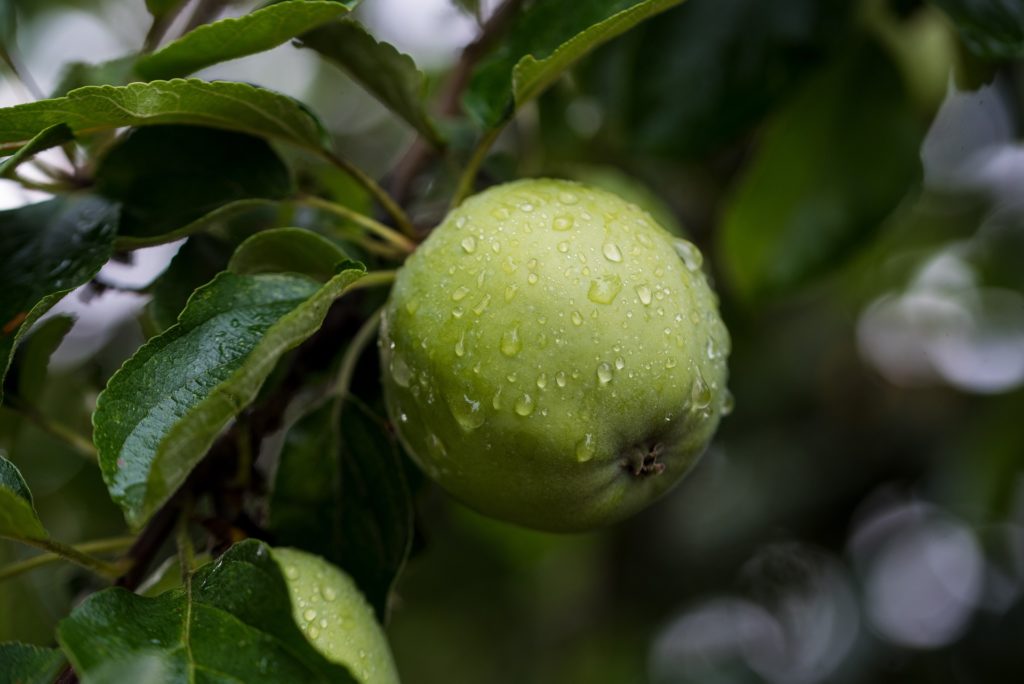
We are all familiar with Snow White’s poisoned apple and usually interpret that tale as a story for children. However, contemporary adult life is not too far from episodes like this one. And no, this text does not refer to sugar or saturated fats, but to microplastics, which have surprisingly taken center stage in food and health debates over the last few decades.
In February 2024, a study was published by researchers at the University of Catania, who analyzed a series of foods with high protein content, such as shrimp, beef, chicken nuggets, tofu and others. The results showed that breaded shrimp contained the highest amount of microplastics, with 300 per serving, while chicken breast, pork chops and tofu were less contaminated, although they contained an alarming amount of these particles.
No one is spared
It is common to think that animal products and proteins in general are more exposed to contain plastics, but they have also been found in fruits, vegetables and greens. In 2020, another study by the University of Catania, in Italy, investigated that the presence of microplastics in apples and carrots reaches 100,000 microplastics per gram. In other words, even vegans are not exempt from this exposure.
For some diners “healthy” content is irrelevant, while for others it is a priority. However, could it be that we are punishing the innocent food and crowning the wrong one? Nowadays, mentioning the use of table salt in meals is practically a sin, leaving aside the fact that it protects us against iodine deficiency, while in many kitchens the preferred salt is the pink and precious Himalayan salt, which is also much more expensive. Could it be because it is the most enriched with microplastics? This according to a study published in 2022 in Springer.
There are no conclusive studies on the adverse effects produced by the ingestion of these polymers. However, it is difficult to think that consuming synthetic particles full of laboratory chemicals from manufacturing companies is the source of eternal life. It is not about demonizing food, after all, we cannot live without it, but it is worth stopping for a moment at the supermarket to think about whether that product really seeks better health for me. It could be a perfectly plasticized apple, silently robbing me of years of life.
